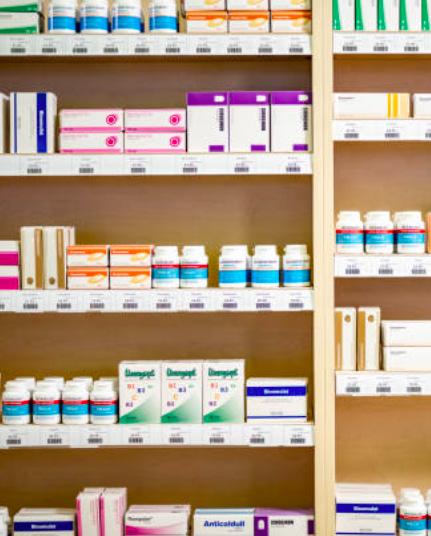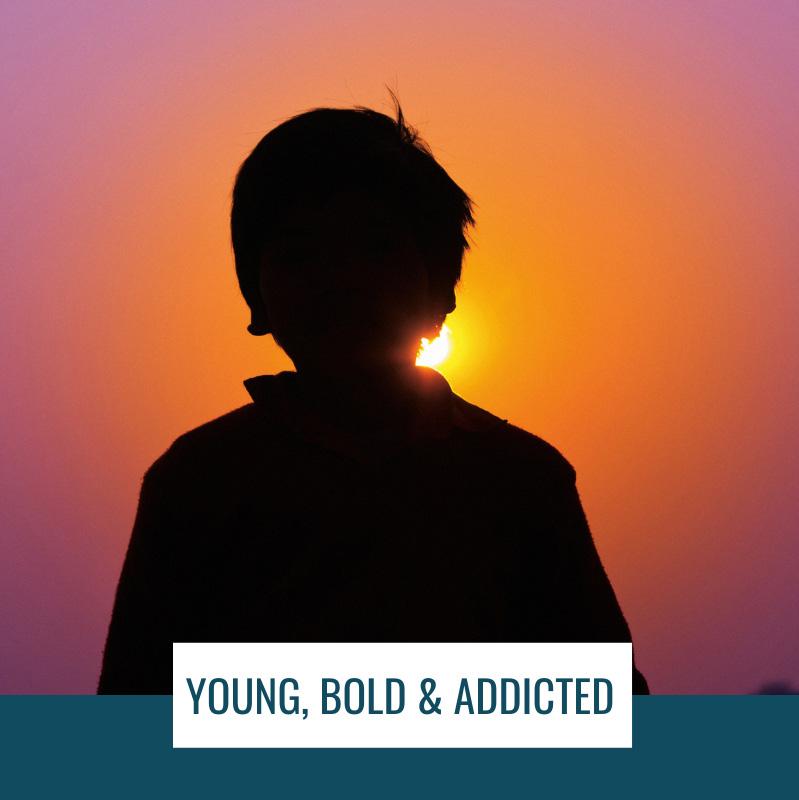
2 minute read
Dissemination Activity „Let’s get clean”
Duration: max. 60 min. Group size: none/individual task Materials: medicine cabinet at your home The Facilitator invites participants to join, at any time suitable for them, a challenge of cleaning their home medicine cabinets. Cleaning means throwing out expired, or no longer needed medicine - pills, syrups, supplements, bandages, creams etc. as well as organizing those which still can be used - putting them into the smaller boxes with correct labels, for example: cold, digestion, vitamins etc. The facilitator should remind people, that expired/ no longer needed medicine can be left in a bag in a local pharmacy, but can’t be thrown in a regular trash can. This activity can be helpful in pointing out how much unnecessary medicine most of us buy and maybe it will be a wake up call to limit this practice and instead look for more natural solutions, like healthy diet, sport and social interactions.
*OTC - Over the counter
Advertisement

Polypharma y
refers to the use of multiple medications in a patient, commonly an older adult.
Did you know...
While the most commonly used definition of polypharmacy is being on five or more medicines, definitions are variable. • The World Health Organization suggest that while the definition is numerical, emphasis should be on evidence-based practice and that the goal must be to reduce inappropriate polypharmacy. • Each year, thousands of elderly patients suffer injury because of adverse effects from multiple medications.
www.physio-pedia.com/Polypharmacy
OTC
Polypharmacy in advancing age frequently results in drug therapy problems related to interactions, drug toxicity, falls with injury, delirium, and nonadherence. Polypharmacy is associated with resulting increased hospitalizations and higher costs of care for individuals and health care systems.
To reduce polypharmacy, we delineate a systematic, consultative approach to identify highest-risk medications and drug-therapy problems. Best practices include education about risk and agreement by patients and their families, advocates, and care teams.
https://www.mayoclinicproceedings.org/article/S00256196(20)30616-9/fulltext
Over-the-counter medicine is also known as OTC or nonprescription medicine. All these terms refer to medicine that you can buy without a prescription. They are safe and effective when you follow the directions on the label and as directed by your health care professional.
https://www.fda.gov/drugs/buying-using-medicinesafely/understanding-over-counter-medicines Whenever you use an OTC medicine, reading the drug product's labeling is important for taking care of yourself and your family. The label tells you what the medicine is supposed to do, who should or shouldn't take it, and how to use it.
www.startnowplus.com
4545





